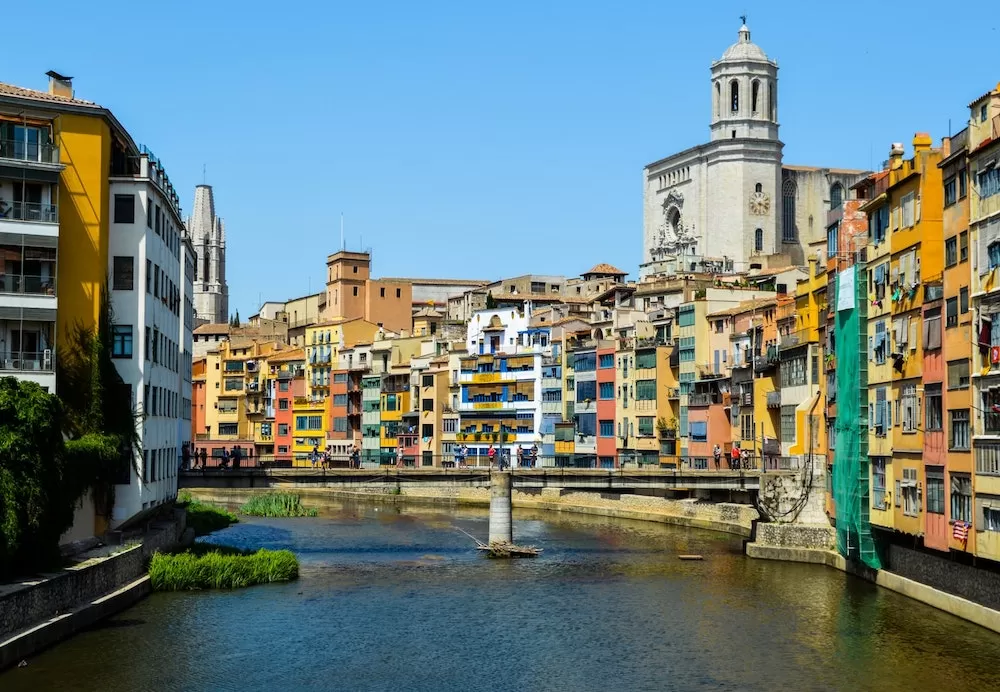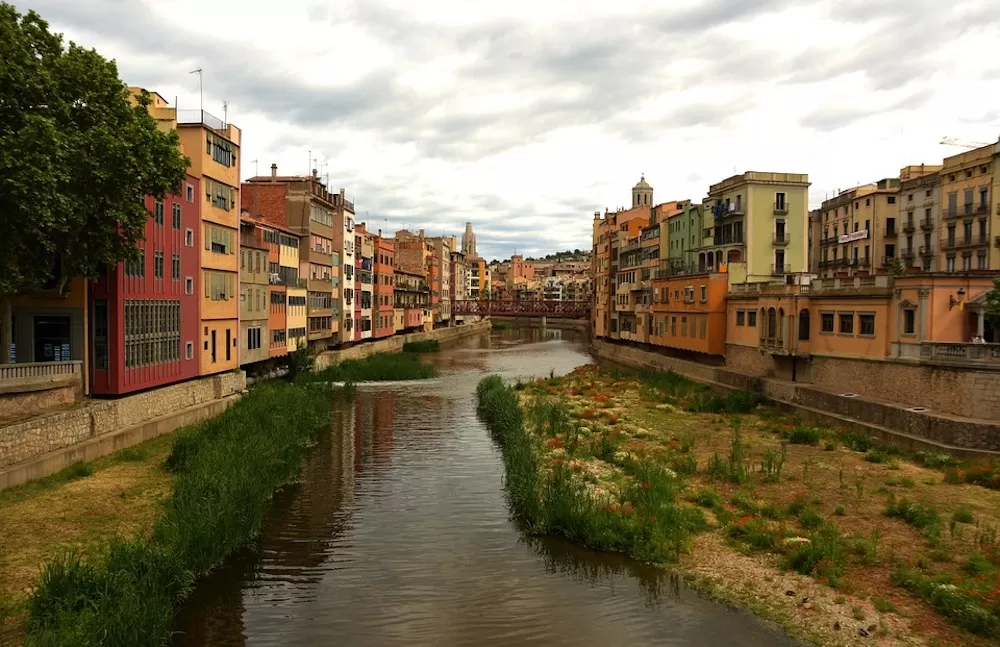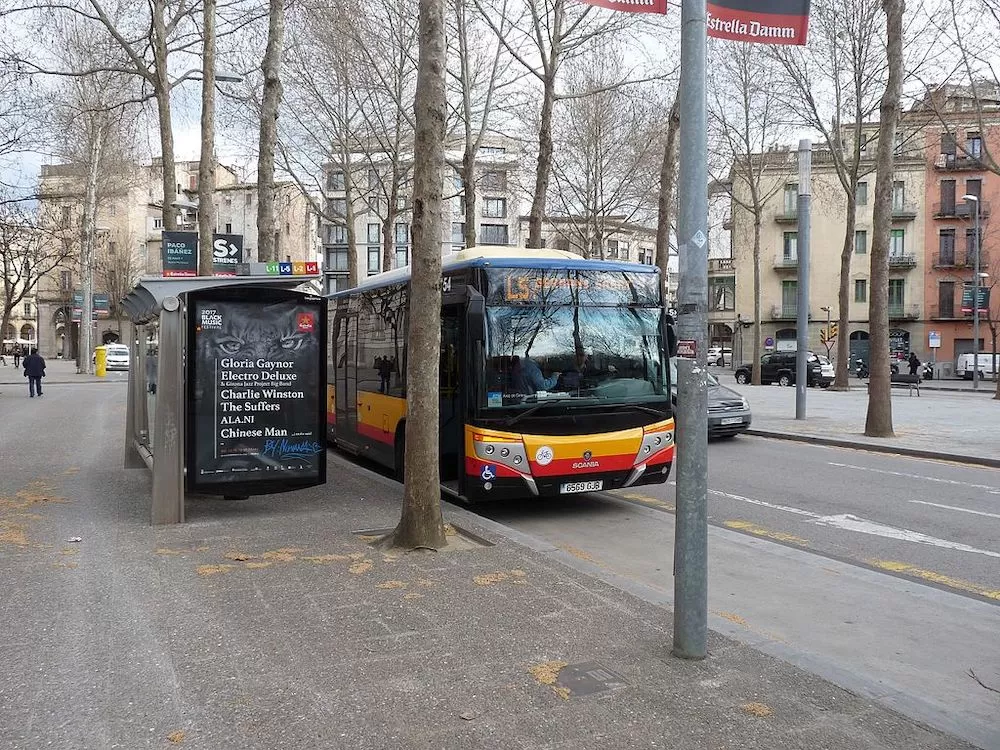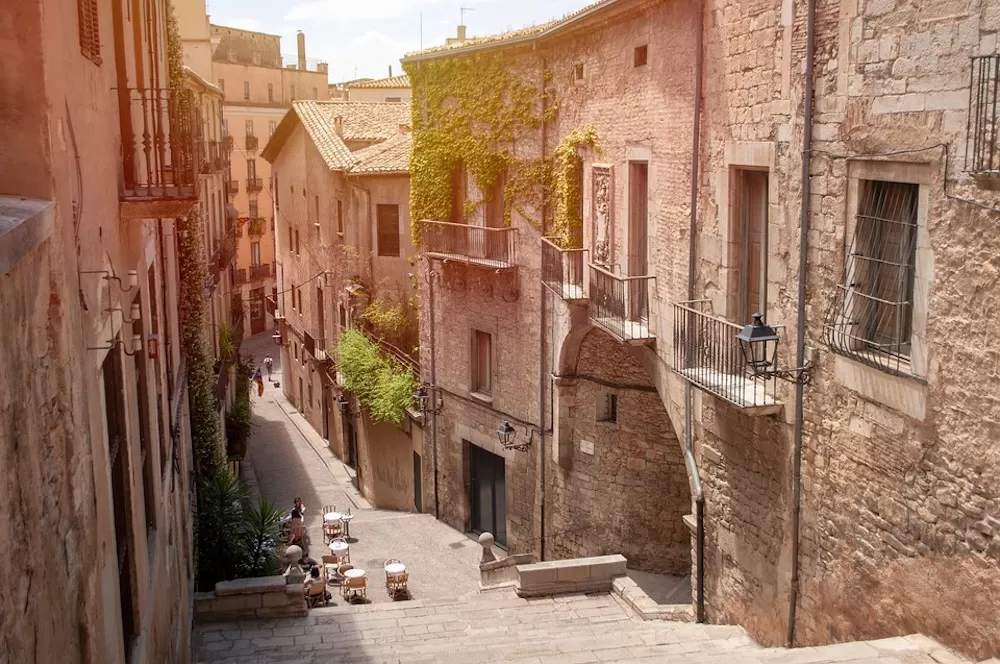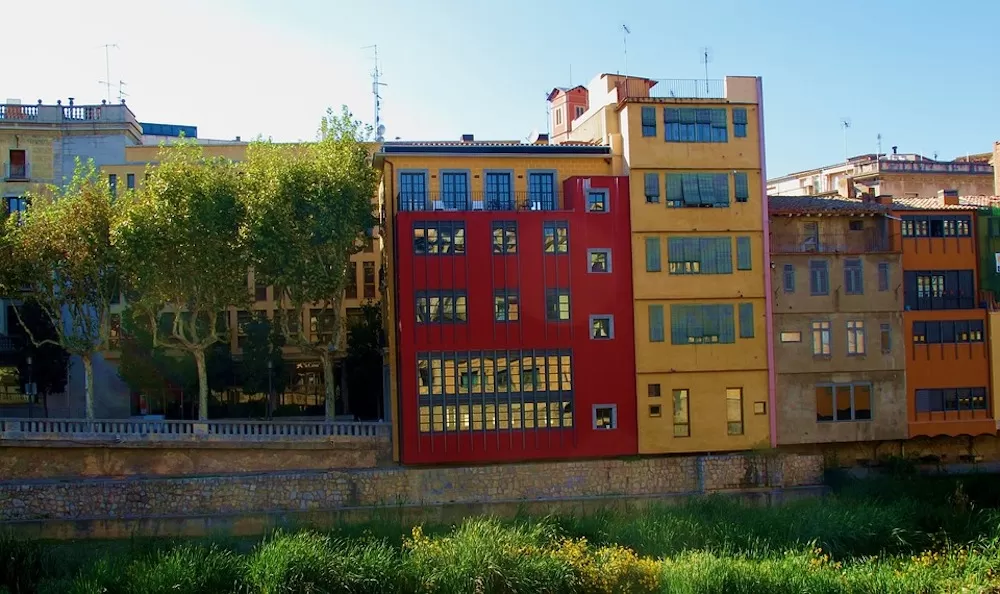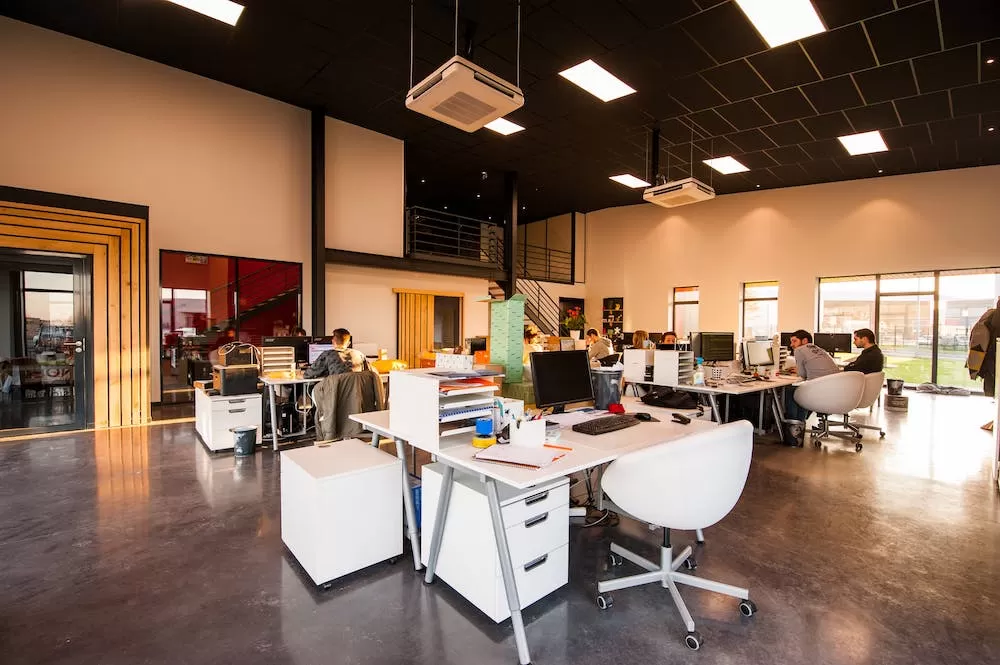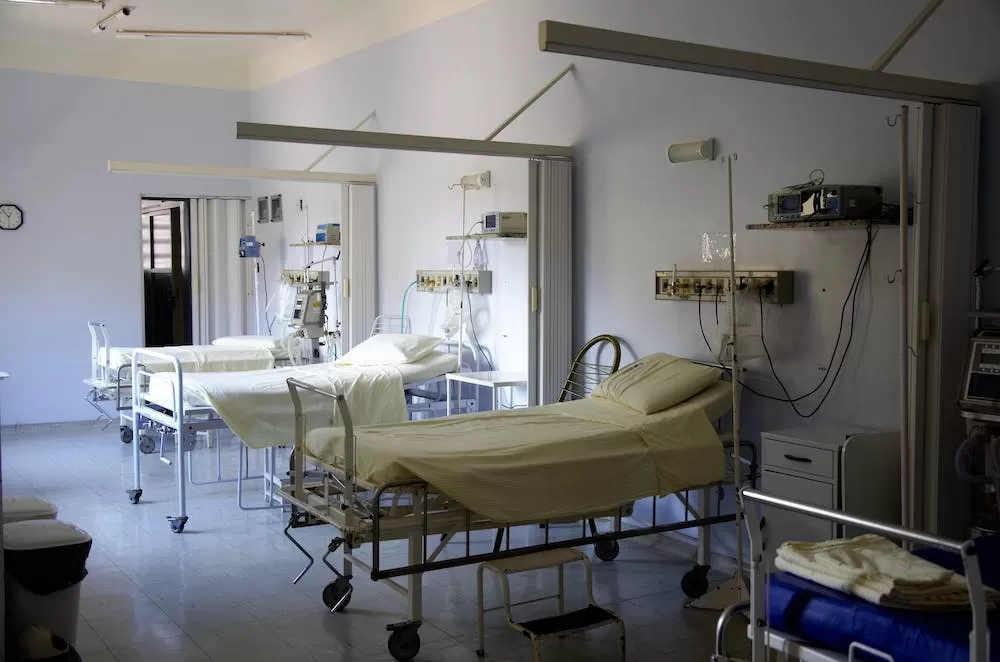Admittedly, Girona is far from the most well-known city in Spain. Though a central city in the region of Catalonia, it's far from the popularity of Barcelona to the size of Tarragona. But this doesn't mean that it's any less of an exciting, must-see place in this part of the country. As the years go by, more and more travelers become aware of it and it'd be no surprise if, someday, it becomes a top tourist attraction. It's even come to a point that many people are relocating here as well. If you're one of them, use this guide to help you out!
Overview
As of 2021, the city of Girona has a population of 99,877 people. It hasn't even reached the 100,000th mark (though it's near it!). It's far from other Catalan cities
like Barcelona, Lleida, and Tarragona where their populations are either millions or hundreds of thousands of people. Nevertheless, the relatively small population isn't exactly a bad thing. What with the generally warm weather and close-knit Miedeval-style walled structure, it makes Girona a more peaceful and relaxing place to relocate to. You will, however, need to
learn Spanish in order to have a hassle-free life here. Misunderstandings might cause you to
offend people and create rifts with the locals.
Source: Wikimedia Commons
Visa
You probably already know that you need a
Schengen Visa in order to gain entry to Spain and the rest of the EU. Especially if you're coming from a non-EU country. There's also the option of getting into the country via the
ETIAS Visa Waiver Program. If you're eligible, you can travel to Spain even when you don't have a Schengen Visa. But to stay here for more than 90 days (approximately three months), you'll need to apply for a
Tarjeta de Residencia (residence card). This will jumpstart your process of becoming a legal resident of Spain.
Source: Wikimedia Commons
Getting Around
Despite the old-worldliness of Girona, it remains a city that has all the modern-day conveniences that people need. Not the least of which is
public transport. As in other Spanish cities, renting your own car is pretty common here, especially since there's no underground metro or main intra-city transit system. Other options include taking the bus or getting a taxi, the latter of which will be easier if you had a
transportation app on your phone. And since the city is pretty much compact and not as populated as more urban towns, riding your bike is a great alternative too!
Source: Wikimedia Commons
Where to Live
If you think that all
neighborhoods of Girona are the same, you better think again! Though it may seem like each and every corner of this city look like they belong in a history book, each area fits a certain type of lifestyle. If you're moving to Girona with your family, for instance, the more residential Devesa-Güell is the most suitable choice for you. Peaceful, secure, and with a beautiful park to boot, you can't go wrong raising your family here. The district of Eixample, on the other hand, is for history buffs who want to know what it was like living in Miedeval Spain. The area practically never changed from that time.
Source: Wikimedia Commons
Real Estate
You'd normally be worried about your finances when you move to Spain, wouldn't you. It's no secret that some cities here are incredibly expensive. However, you can cross Girona off that list of the costliest cities in the country. This isn't to say that this city is cheap but it's definitely far more affordable than other places in Catalonia or even in Spain in general. When it comes to
Girona's living costs, it's practically some of the lowest in this part of the world. Where else can you find a nice place you can rent for as low as €350.00 a month? And the most expensive common rental fee here? €1,000.00!
Source: Wikimedia Commons
Employment
Now, when it comes to
finding employment, this might get a little tricky. Don't worry, there are still many job opportunities here in Girona, but they're not as abundant as, say, cities like Madrid, Barcelona, or even Seville. Even while
Spain's job market is currently stable enough that there's barely any major economic problem in the country, the truth of the matter is that Girona simply does not have that big of a business infrastructure to invite more jobs. Strong fields like healthcare, tourism, and IT are still going strong here, but for the most part, the city still needs to widen up!
Source: Wikimedia Commons
Education
Although jobs aren't as abundant here in Girona, at least the city has
a ton of international schools your kids can look forward to.
Saint George's School,
Montessori Palau Girona, and the
University of Girona are just some of the respectable educational institutions that students who come from outside of Spain can enroll in. With their high-quality education, safe campuses, and open atmosphere, your little ones can continue their studies in Girona with no problem at all. Who knows? It's possible their academic achievements here might just be better than what they could have been had you stated in your previous residence!
Source: Wikimedia Commons
Healthcare
You also don't have to worry that much when it comes to healthcare here! Not only is
Spain's healthcare system one of the finest in the world, but the
hospitals in Girona deserve a lot of credit. From well-established medical centers to nifty clinics scattered all throughout the city, no matter where you are, you'll be given the proper care and the right treatments. Just make sure you're covered, be it through the public option or you got your own private plan (most recommended is it came from an international provider!)
Source: Wikimedia Commons
Safety
When it comes to safety, Girona isn't all that concerning. Currently,
the city's general crime rate is 41.07%, considered moderately high on the scale. Now, that doesn't pose a major cause for concern or anything like that, it only means that Girona is normally safe, not too dangerous but not too secure at the same time. Moreover, it's 80.36% safe to walk around Girona during the day and 50.00% at night. This means you can explore the city for as much as you want while the sun is out and it's unlikely you'll get into serious trouble. But you should still be careful nonetheless!
Source: Wikimedia Commons
Taxes
The
Spanish tax system doesn't really differ from those in other European countries. So if you're coming from a fellow EU member nation, you can expect that how you'll do taxes here will probably be similar, more or less, to that in your native country. You have to contribute all your normal taxes, such as your income tax, capital gains tax, inheritance tax, and, of course, the VAT in everything you buy. And as far as your income tax is concerned, the rate you have to pay will depend on how much you earn annually.
Source: Wikimedia Commons
Relocation Tips
Finally, for some very important tips! The first is that you shouldn't forget to
open a local bank account here in Girona. Most especially since the city isn't as internationally-known as, say Barcelona and Madrid. You're better off handling your finances here with an account that you opened in a local Spanish bank. And speaking of going local, join a
Spanish mobile network too! Don't just rely on wifi hotspots to keep you online and connected to people, both in the city and the outside. Getting a nice deal with a local SIM card might just give you the data you need to stay in contact with friends and family!
Source: Wikimedia Commons
Girona may be so beautiful, so historic, and everything you love about a city in Spain, but moving here is no joke! Allow this relocation guide to help you with everything you'll need to do in order to move to this city with no problem at all!
